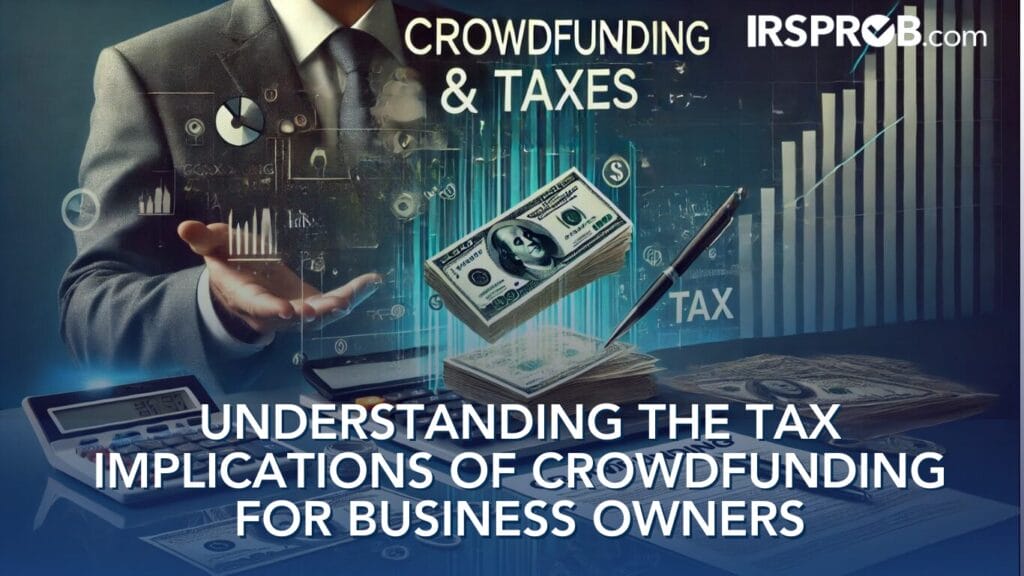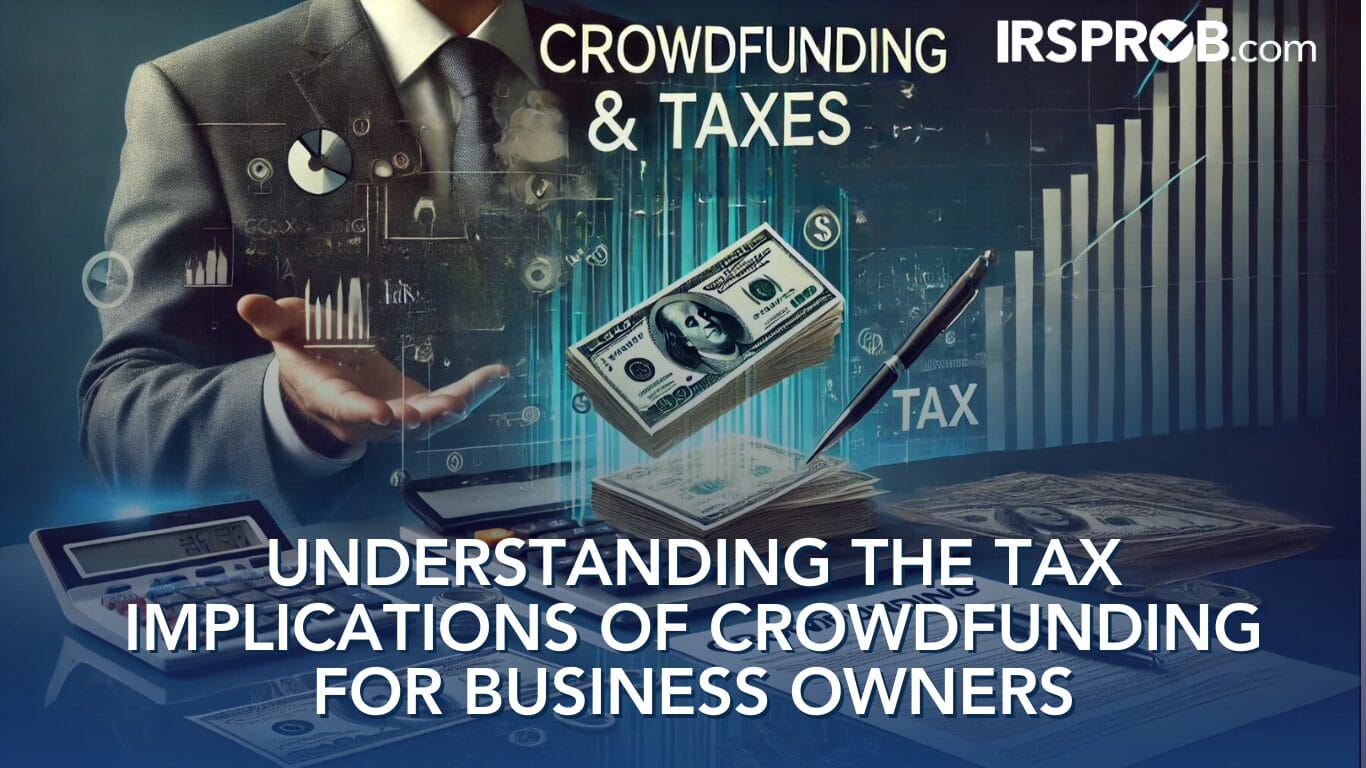
Crowdfunding has emerged as a powerful tool for raising funds, whether you’re launching a new product, supporting a social cause, or looking to back an innovative idea. For business owners, crowdfunding can be a lifeline, providing much-needed capital without the complexities of traditional funding sources. However, with the benefits of crowdfunding come a host of tax and legal considerations that every business owner needs to understand.
What is Crowdfunding?
Crowdfunding is the process of soliciting financial contributions from a large number of people, often referred to as backers. These contributions can support a variety of projects, including business ventures, social causes, and personal needs. The advent of social media has significantly amplified the reach of crowdfunding campaigns, allowing project initiators to tap into a global pool of potential backers.
Crowdfunding projects generally fall into several categories:
- Rewards-based: Donors receive a discount or another incentive for their contribution.
- Equity-based: Donors receive an equity stake in the company they are supporting.
- Debt-based: Donors lend money to be repaid with interest.
- Litigation funding: Donors contribute to covering legal costs.
- Donation-based: Donors give money without expecting anything in return, though these donations are often not tax-deductible.
- Digital security: Donors use cryptocurrency to receive digital securities.
The Tax Side of Crowdfunding
Crowdfunding can create numerous tax issues, and often, there is little guidance from the IRS or state governments on how these transactions should be treated. Here are some critical tax considerations for business owners engaging in crowdfunding:
- Tax Deductibility: Generally, contributions to crowdfunding campaigns are not tax-deductible unless the recipient is a qualified charitable organization. Contributions to individuals, even through a platform, do not qualify as tax-deductible donations.
- Gift Tax: If a backer contributes a significant amount (over $18,000 in 2024), they may need to file a gift tax return. This is particularly important for campaigns where large donations are common.
- Capital Gains and Losses: If your campaign offers equity to backers, those backers must keep records of the cost basis of the shares and the dates they acquired them. They will need to report capital gains or losses when they sell those shares or if the project fails.
- Income Reporting: Funds received from a crowdfunding campaign are generally considered gross income unless a specific exclusion applies. Depending on the amount raised, you might receive a Form 1099-K, which you will need to report on your tax return.
- Self-Employment Tax: If your crowdfunding campaign generates income through a trade or business, you may owe self-employment tax. However, if the income is from a one-time event and not part of a regular activity, it may not be subject to this tax.
- Sales Tax: If you are providing a product in exchange for contributions, you may owe sales tax, depending on the states where your backers reside. Sales tax regulations vary widely, so it’s crucial to understand the laws in all applicable jurisdictions.
Navigating the Uncertainty
Crowdfunding is still a relatively new phenomenon, and the rules surrounding it are not always clear. For business owners, this uncertainty can pose risks. It’s essential to approach crowdfunding with careful planning and a thorough understanding of the potential tax implications. Engaging a tax professional can help you navigate these complexities and ensure that your campaign is structured in the most tax-efficient way possible.
Additionally, business owners should be aware of the legal obligations that may arise from crowdfunding. These include fulfilling promises made to backers, maintaining transparency about the use of funds, and complying with securities regulations if offering equity.
Conclusion
Crowdfunding offers tremendous opportunities for business owners to raise capital, but it comes with significant tax and legal considerations. By understanding these challenges and working with a knowledgeable tax advisor, you can maximize the benefits of your crowdfunding campaign while minimizing potential pitfalls. Whether you are looking to launch a new product, expand your business, or support a social cause, a well-planned crowdfunding campaign can be a powerful tool in your financial strategy.
For personalized advice and guidance on how crowdfunding could impact your business taxes, contact IRSProb.com. Our team of experts is here to help you navigate the complexities of tax law and ensure your crowdfunding efforts are both successful and compliant.









